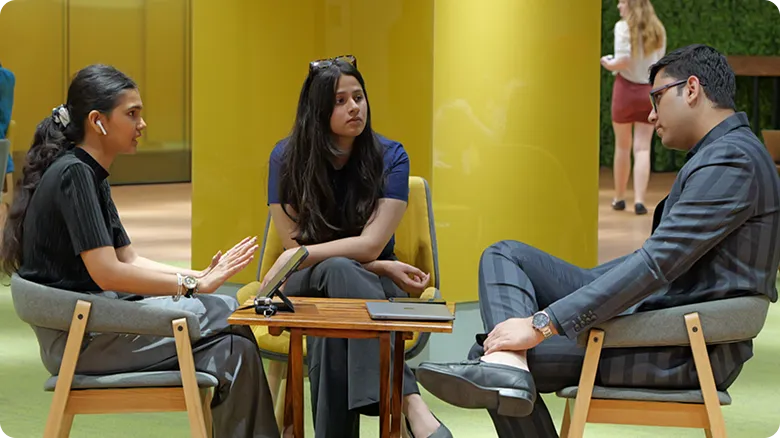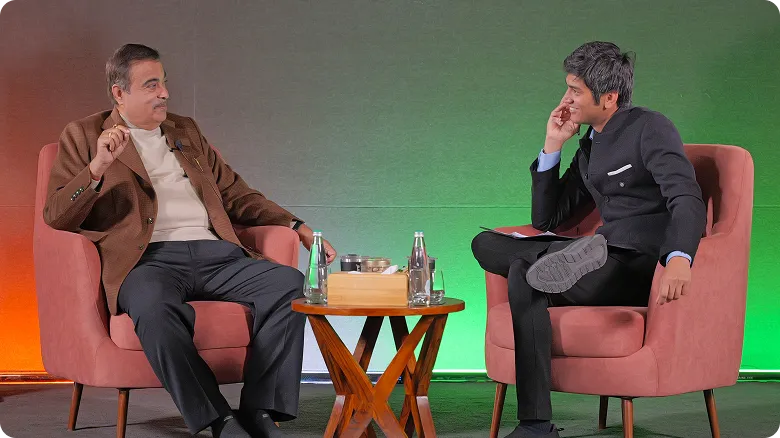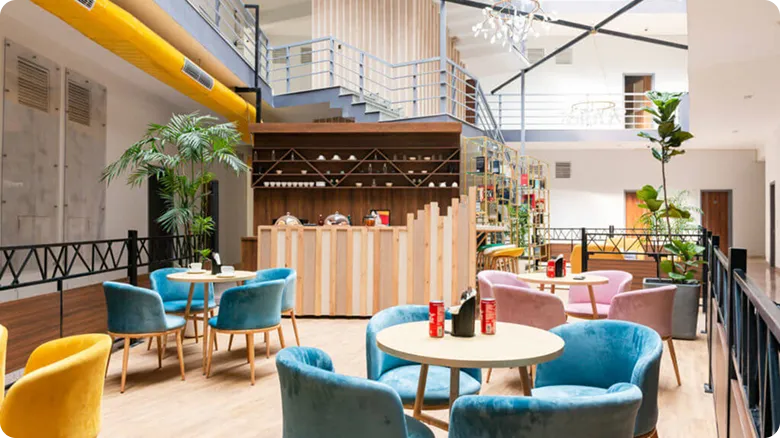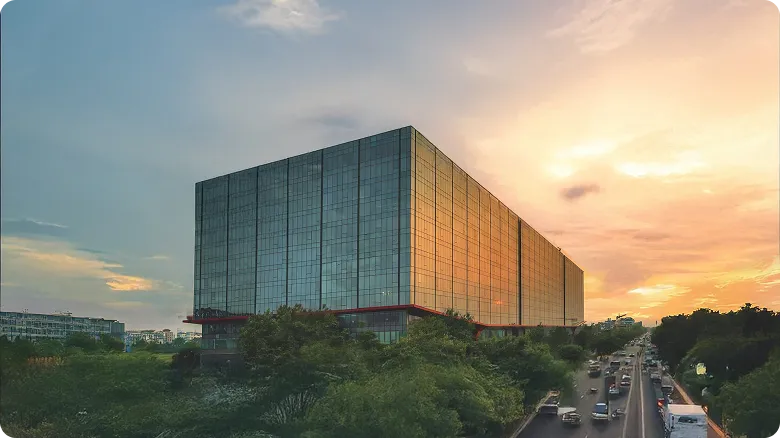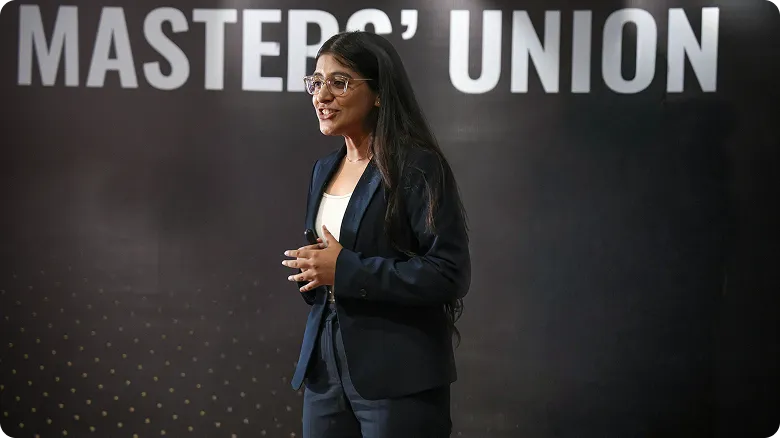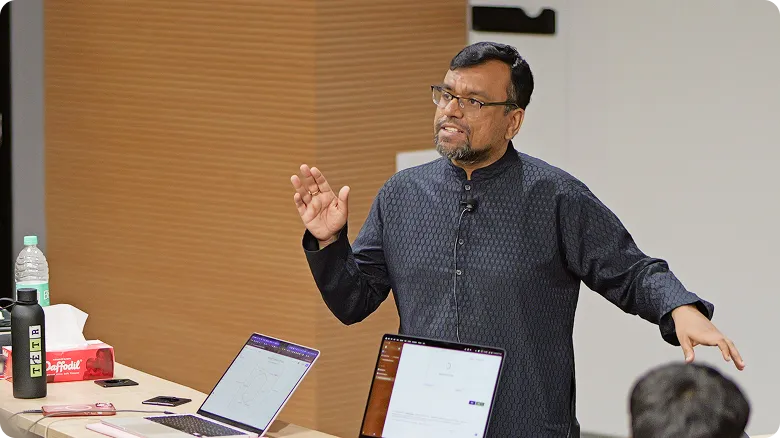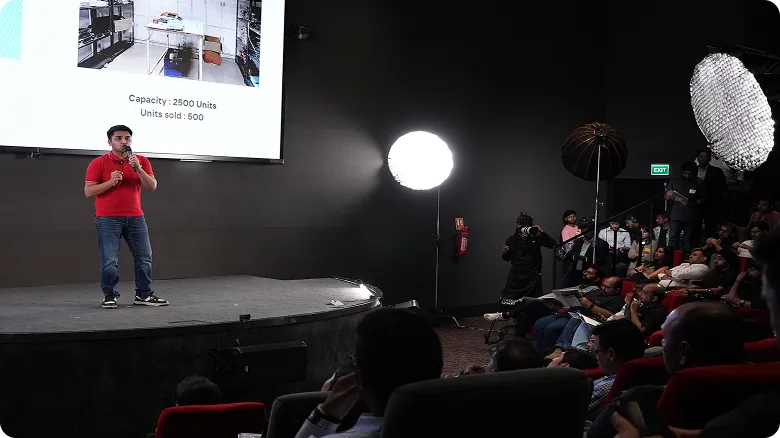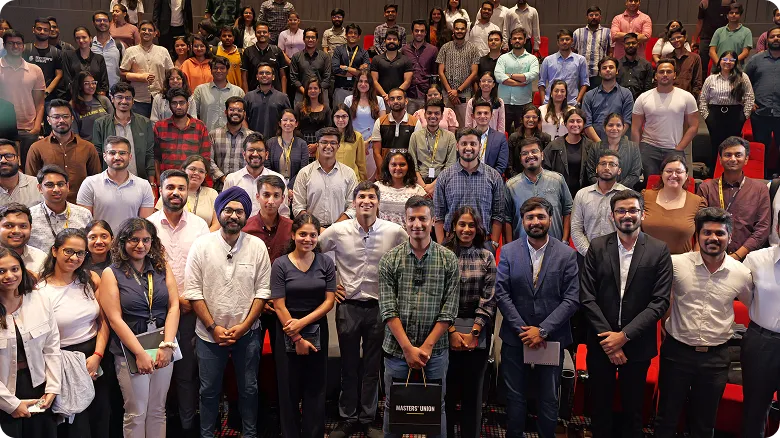Undergraduate
Undergraduate (Global)
Postgraduate
PGP in Technology and Business Management
PGP in Technology & Business Management
(Young Leaders Cohort)
PGP in Human Resources & Organisation Strategy
PGP in Sports Management & Gaming
PGP in Applied AI & Agentic Systems
PGP in UI/UX & Product Design
PGP in Sustainability & Business Management
PGP Bharat
Executive
Family Business
Careers
Innovations
Faculty
MU Ventures
Enterprise Education
Student Life
Jobs
Become a Master
events
For Companies
Blog
Business
India’s Booming EdTech Market: Is an Online MBA the Future of Business Education?
April 11, 2025
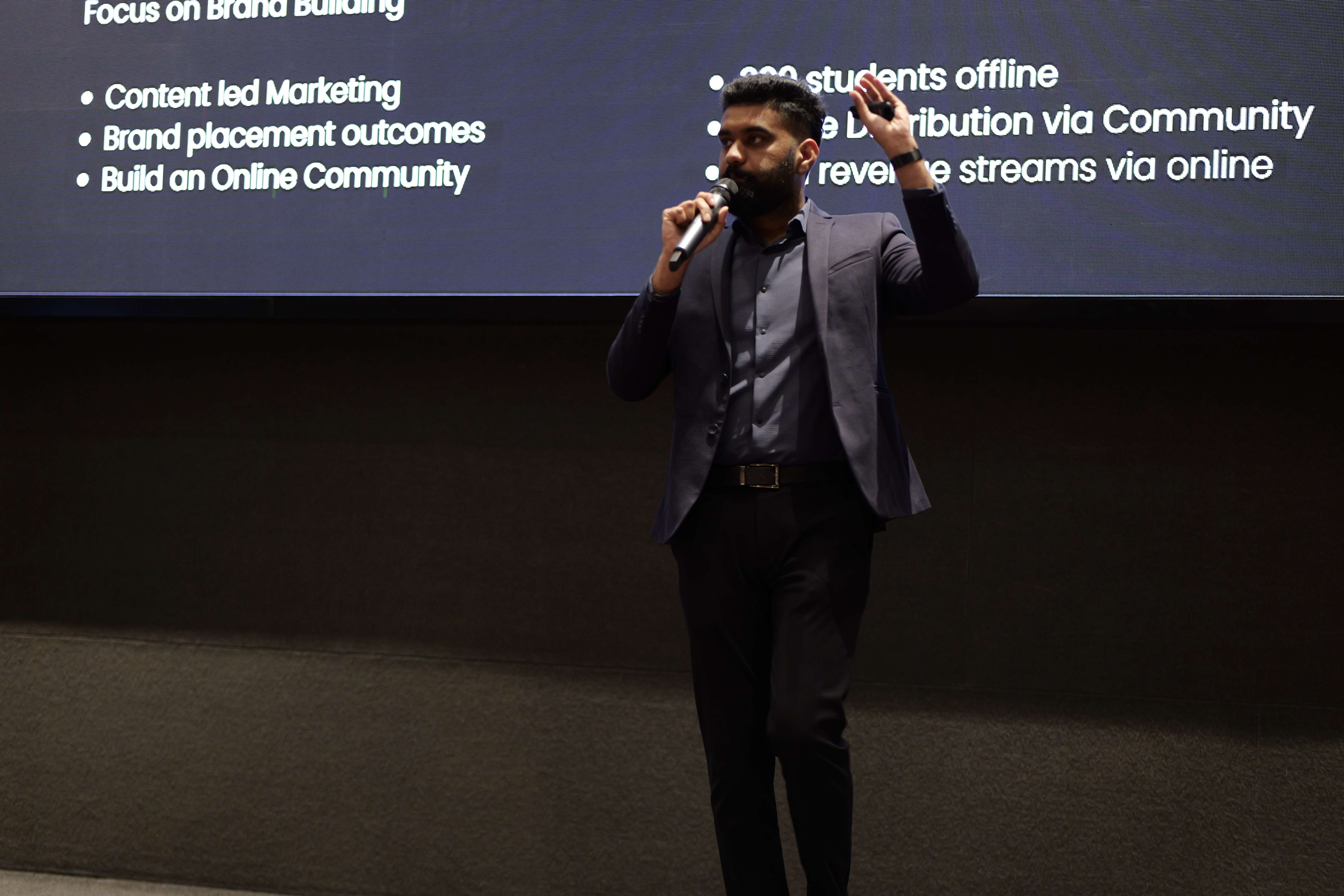
India’s education technology (EdTech) sector has witnessed exponential growth, revolutionising the way students and professionals access learning. With the rise of online and hybrid MBA programmes, many aspiring business leaders are questioning whether virtual education can truly match the prestige and value of traditional MBAs. As businesses embrace remote work and digital transformation, the demand for flexible, tech-driven learning has never been higher. But does an online MBA offer the same career benefits as its on-campus counterpart?
The rise of online MBA programmes in India
Several factors have contributed to the increasing popularity of online MBA programmes in India:
-
Flexibility & accessibility: Online MBAs allow working professionals to upskill without pausing their careers. Students can learn at their own pace, balancing work, education, and personal commitments.
-
Cost-effectiveness: Compared to traditional MBAs, online programmes often have lower tuition fees, eliminating costs related to accommodation and commuting.
-
Advancements in edtech: AI-driven personalised learning, virtual classrooms, and interactive case studies have significantly enhanced the quality of online education.
-
Industry-aligned curriculum: Many online MBA providers collaborate with leading companies to design curriculums that are relevant to today’s job market.
How online Mbas compare to traditional MBAs
Despite their advantages, online MBAs are often compared to traditional, full-time business school experiences. Here’s how they stack up:
-
Networking opportunities: One of the biggest advantages of a traditional MBA is the in-person networking with peers, professors, and industry leaders. While online MBAs offer virtual networking, they may not provide the same level of deep connections.
-
Campus experience & extracurricular activities: Traditional MBAs offer a dynamic campus environment, leadership development programmes, and in-person industry interactions that are hard to replicate online.
-
Recruiter perception: While top companies recognise the value of online learning, many still prefer candidates with degrees from prestigious, full-time MBA programmes.
-
Skill development: Hybrid MBAs, which blend online coursework with in-person immersion modules, are bridging the gap by offering flexibility without compromising interactive learning experiences.
The future of business education: Will online MBAs dominate?
India’s EdTech revolution is reshaping business education, but traditional MBAs are unlikely to be replaced entirely. Instead, hybrid models that combine digital learning with real-world experiences will become more prominent. Business schools that integrate AI-driven learning, live case studies, and industry mentorship will set the benchmark for future MBA programmes.
How Masters’ Union prepares future leaders
Masters’ Union blends traditional and modern learning methodologies, ensuring students gain hands-on experience while benefiting from industry-led education. By leveraging digital tools, real-world consulting projects, and mentorship from top executives, the programme equips graduates with the skills needed to excel in today’s business landscape.
While online MBAs provide flexibility and accessibility, traditional programmes still hold an edge in networking and immersive learning. As India’s EdTech market continues to evolve, the future of business education will likely lie in hybrid models that combine the best of both worlds, offering students a balance of convenience and career impact.

